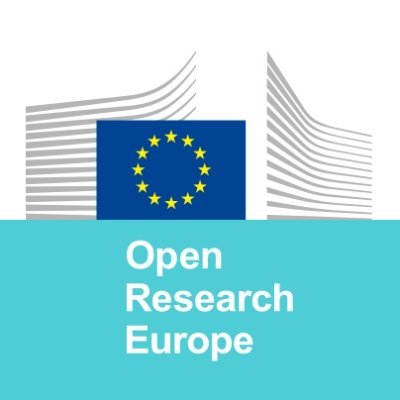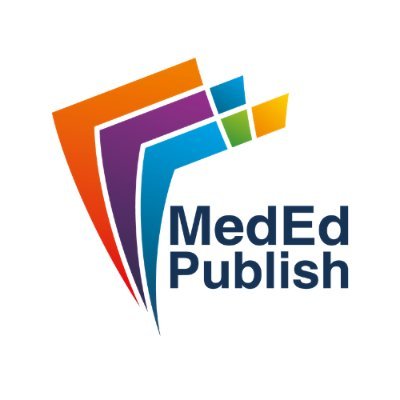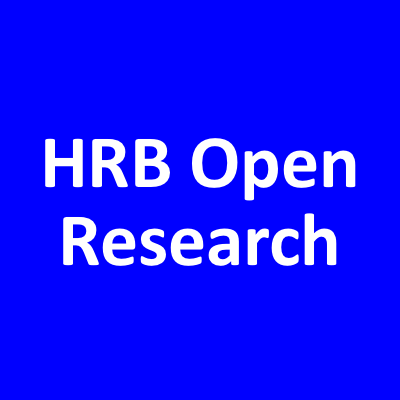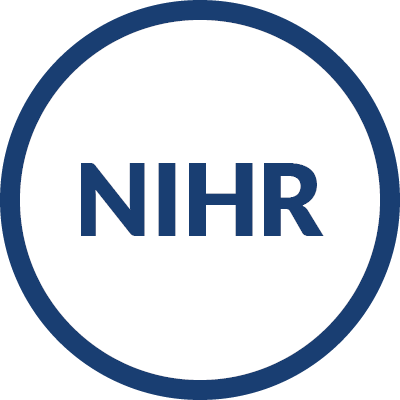Study Protocols
Maximise the impact and reach of your research with a Study Protocol
Visibility and openness of research is essential for academic development and discovery. This is especially true for Study Protocols because, when comprehensive in detail and published open access, they can reduce publication bias and improve the reproducibility of research; bringing benefits to both you and the academic community
The F1000 Platforms welcome protocols for any study design, including descriptive, observational and intervention studies. Study pre-protocols (i.e. discussing provisional study designs) may also be submitted and will be clearly labelled as such in the title when published.
Study Protocols can also be published during Stage 1 of a Registered Report, meaning that a significant part of the manuscript will be published and peer-reviewed before data collection.
All protocols for randomised clinical trials must be registered and follow the SPIRIT guidelines. Protocols for systematic reviews should be registered and must follow the PRISMA-P guidelines.

Hate research waste?
So do we.
That’s why we offer a wide range of non-traditional article types, allowing you to tell the full story of your research.
The Benefits
Publishing a Study Protocol with an F1000 Platform offers several benefits for you and the wider research community.
For you
F1000’s rapid publication model allows for immediate impact
Receive feedback earlier in the research process, allowing you to identify problems in your methods or reporting early on, while they can still be fixed
Your published protocol will support subsequent publication of your study results as it can be easily referenced and demonstrates that the methodology has been thoroughly peer-reviewed
Minimize research waste with credit for each step of your research journey
May lead to new collaborations and opportunities
For the community
Can lead to new, unexpected discoveries
Provides research material for those with little or no funding
Encourages improvement and validation of research methods
Reduce publication bias
Improve research reproducibility
Reduces duplication, helping to coordinate research efforts
Featured Articles
What are the mechanisms that enable the reciprocal involvement of seldom heard groups in health and social care research? A rapid realist review protocol [version 1; peer review: 3 approved]
Ní Shé É, Davies C, Blake C et al.
Read the article
The impact of COVID-19 on people ageing with an intellectual disability in Ireland: Protocol for a follow-up survey [version 2; peer review: 2 approved]
McCarron M, Allen A, McCausland D et al.
Read the article
Why publish with F1000?
F1000 articles are published open access immediately, following rapid in-house editorial checks. Articles are usually published under a CC BY license, which permits unrestricted access, distribution, and reproduction.
The wide scope of F1000 platforms means all original research is welcome, with a range of article types available to authors to maximize reach and impact within subject communities. Our open peer review model facilitates an open dialogue between authors and reviewers, publishing comments and feedback alongside the published article. We advocate for transparency and reproducibility in research, opening potential for collaborative research, and reach beyond academia.
Open Research Europe
Open Research Europe is an open access publishing platform for the publication of research stemming from Horizon 2020, Horizon Europe and/or Euratom funding across all subject areas.
All researchers funded by a Horizon 2020 and/or Horizon Europe grant can publish original research related to their project on the platform for free.
Wellcome Open Research
Wellcome Open Research provides Wellcome-funded researchers with a place to rapidly publish any results they think are worth sharing.
The publication costs are covered through article processing charges, which are funded centrally by Wellcome. This means that researchers funded by Wellcome can publish on the platform for free.
Gates Open Research
Gates Open Research is a platform for rapid author-led publication and open peer review of research funded by the Bill & Melinda Gates Foundation.
The publication costs are covered through article processing charges (APCs), which are funded centrally by the Bill & Melinda Gates Foundation. This means that researchers partially or wholly funded by the Gates Foundation can publish on the platform for free.
HRB Open Research
An open research publishing venue from the Health Research Board offering rapid publication, open data, and open peer review for HRB-funded researchers.
The publication costs are covered through article processing charges, which are funded centrally by the HRB. This means that researchers who held an active HRB grant or were working on a HRB-funded/co-funded grant on or since 1 January 2017 can publish on the platform for free.






